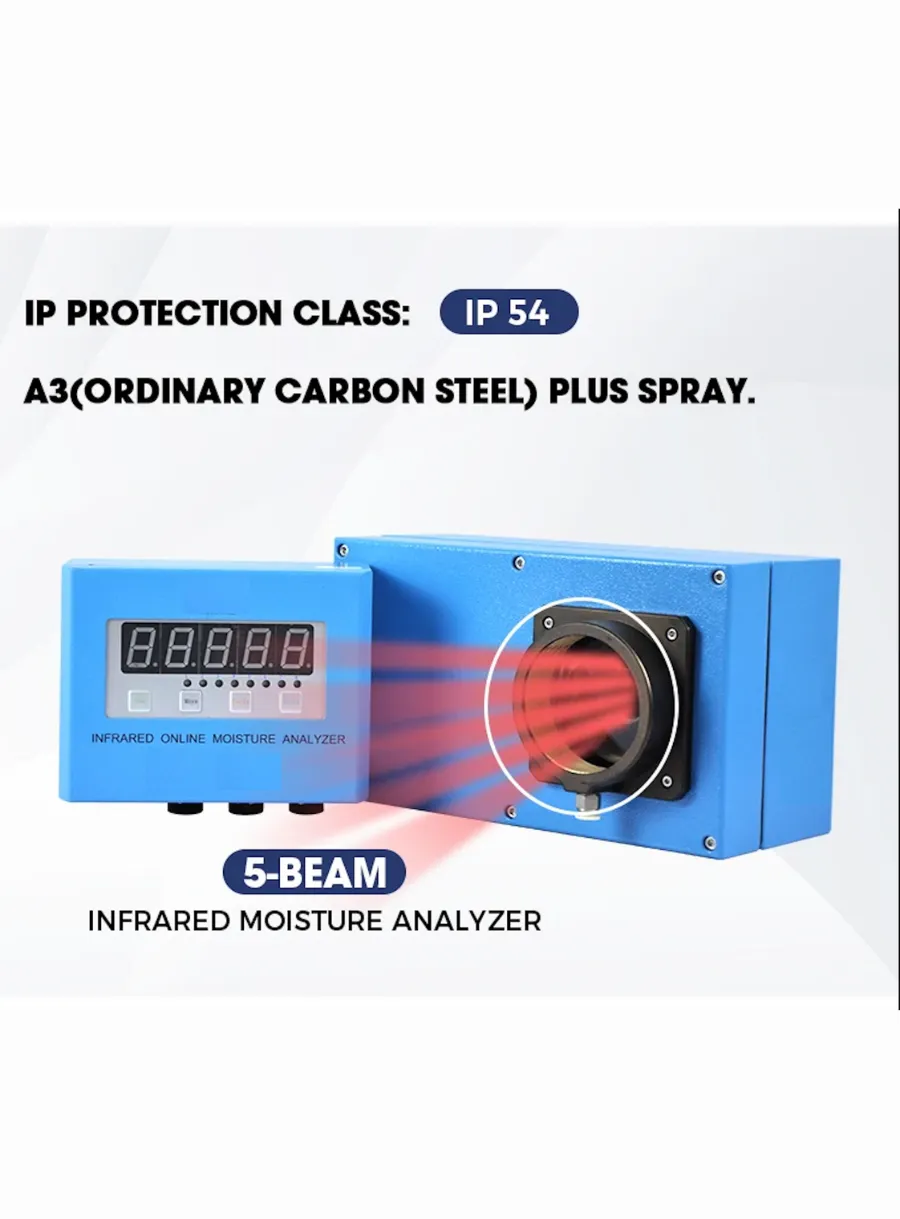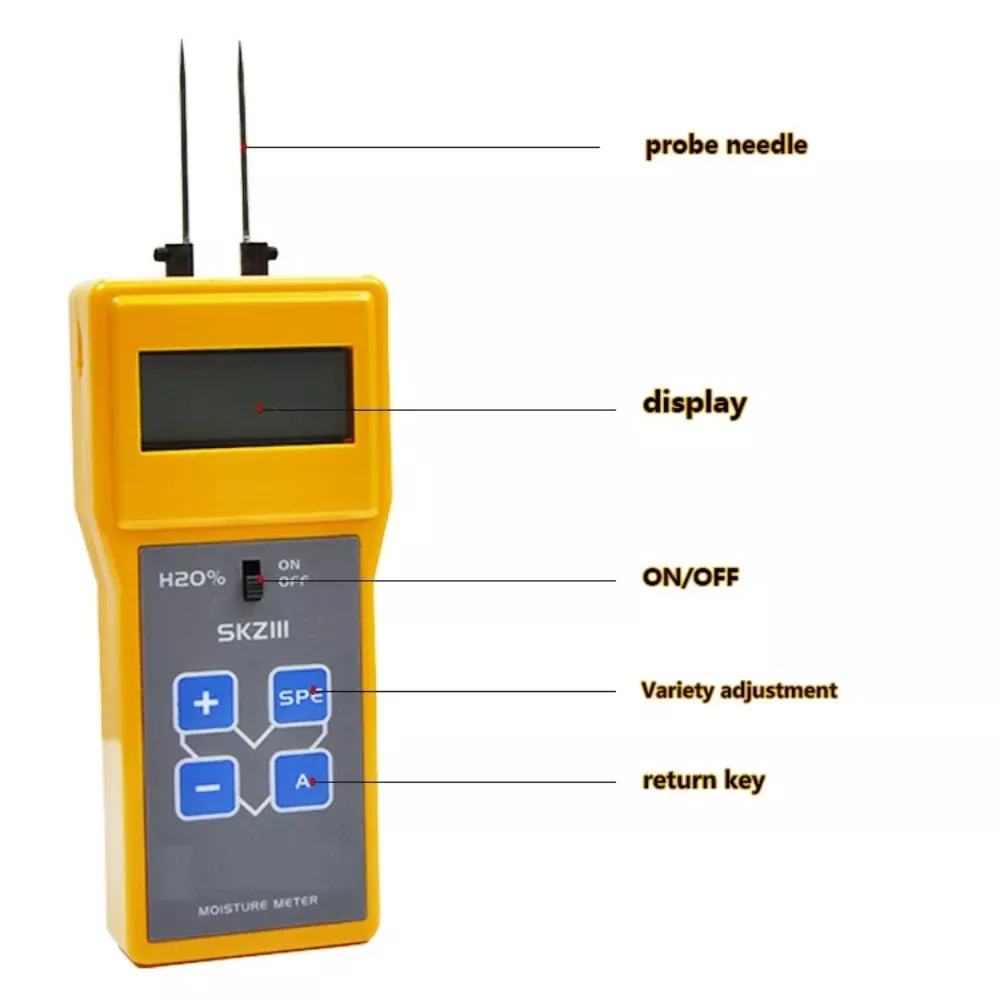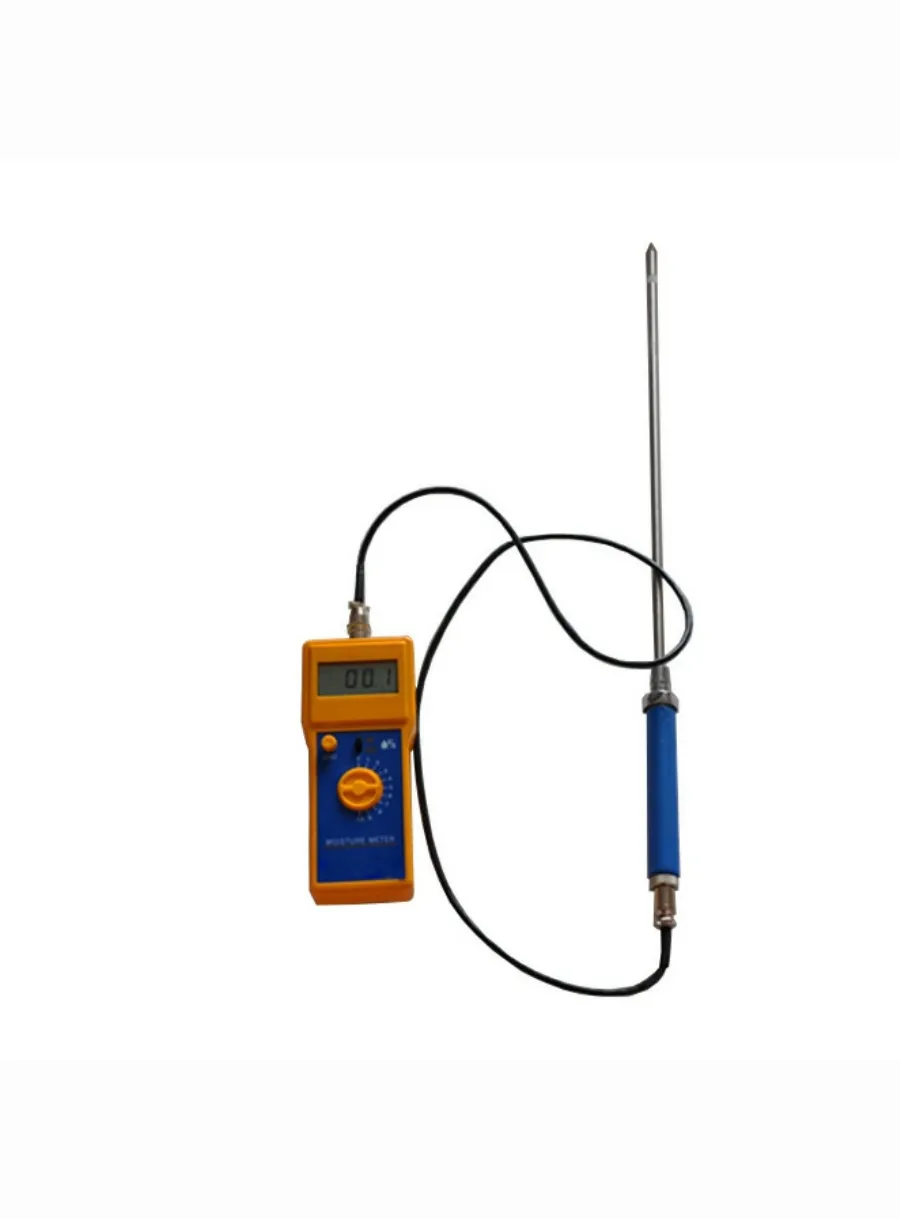
Choosing the Right Cotton Moisture Meters
Table of Contents
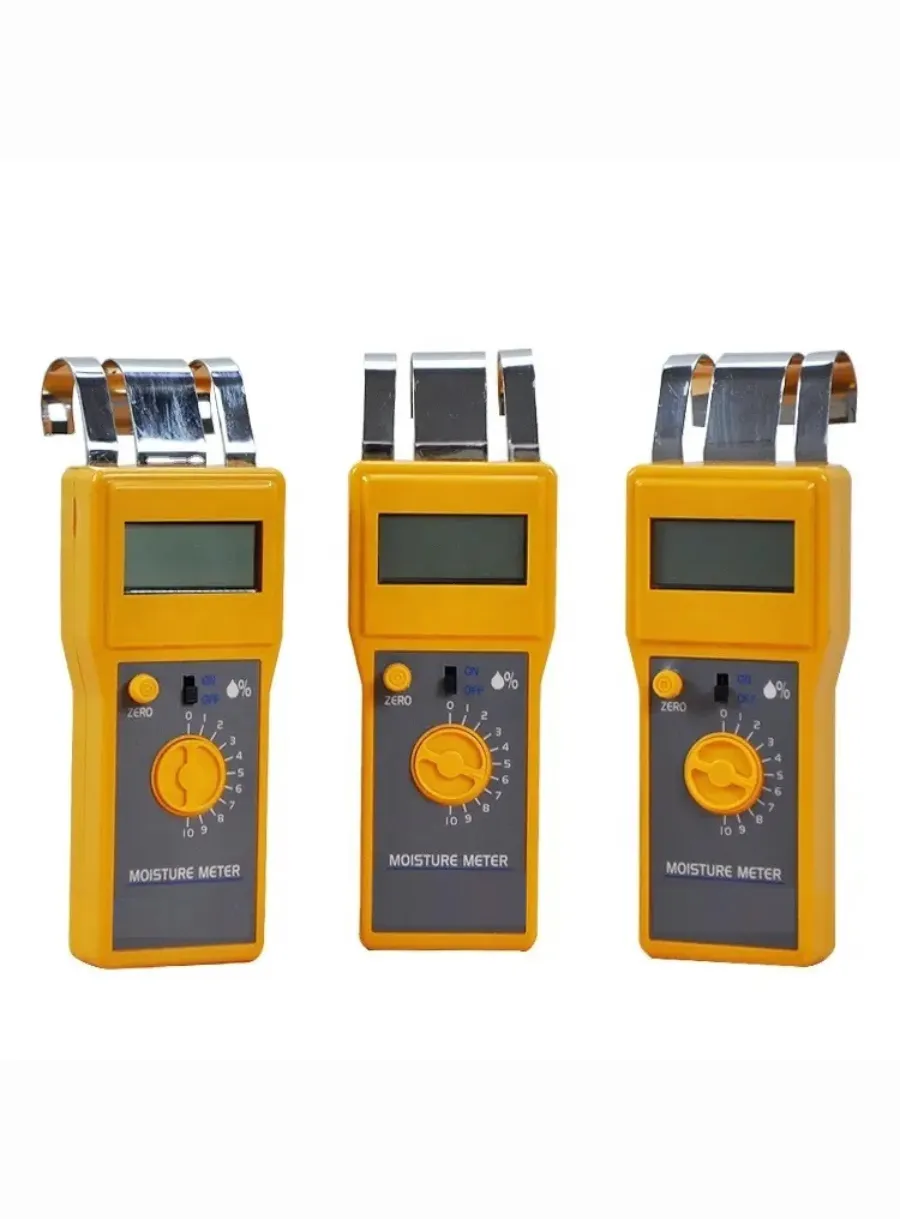
Cotton is a versatile and widely used natural fiber, known for its softness and durability. It is an essential component in the textile industry, and its quality is crucial for the production of various garments and home furnishings. One of the critical factors affecting cotton quality is its moisture content. Cotton moisture meters are essential tools for measuring the moisture levels in cotton bales, ensuring that they are within the optimal range for storage and processing.
There are several types of cotton moisture meters available on the market, each with its own set of features and benefits. Choosing the right cotton moisture meter for your needs is essential to ensure accurate and reliable measurements. In this article, we will discuss the different types of cotton moisture meters and help you choose the best one for your specific requirements.
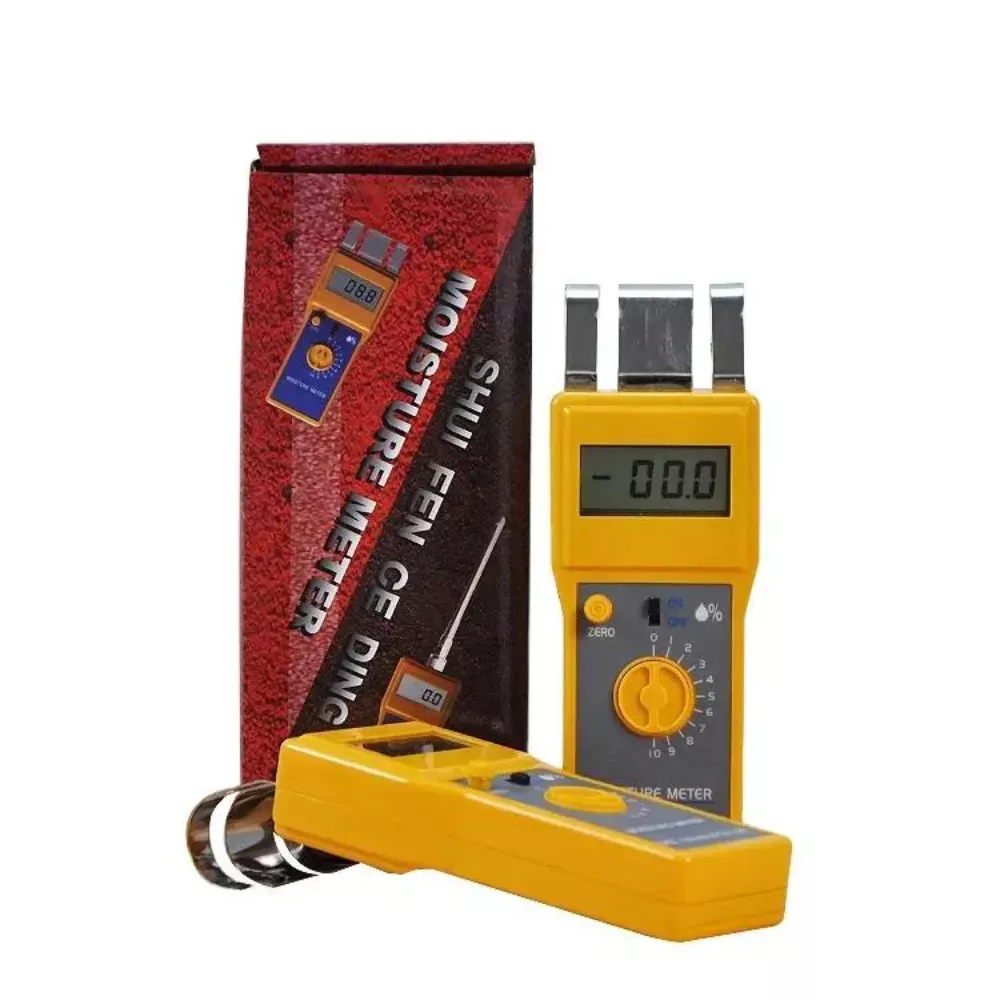
Pin-type cotton moisture meters are the most common and widely used type of cotton moisture meters. They work by inserting a pair of pins into the cotton bale, which then measure the moisture content by detecting the electrical conductivity between the pins. These meters are known for their accuracy and reliability, making them a popular choice among farmers, ginners, and textile manufacturers.
Non-contact cotton moisture meters are a more recent development in the field of cotton moisture measurement. These meters use infrared technology to measure the moisture content in cotton bales without the need for physical contact. This makes them a more hygienic and convenient option, as they do not require the user to touch the bale. Non-contact cotton moisture meters are also known for their fast response time, making them suitable for high-volume applications.
Handheld cotton moisture meters are portable devices that can be easily carried around and used in various locations. They are typically battery-operated and come with a digital display that shows the moisture content reading. Handheld cotton moisture meters are suitable for small-scale operations and can be used by farmers, ginners, and textile manufacturers to monitor the moisture content of their cotton bales.
When choosing the right cotton moisture meter for your needs, it is essential to consider factors such as accuracy, reliability, ease of use, and cost. Pin-type cotton moisture meters are known for their accuracy and reliability, making them a popular choice among farmers, ginners, and textile manufacturers. Non-contact cotton moisture meters offer a more hygienic and convenient option, while handheld cotton moisture meters are suitable for small-scale operations. Integrated cotton moisture meters are designed for large-scale operations and can be incorporated into the cotton ginning process.
In conclusion, selecting the right cotton moisture meter for your needs is essential to ensure accurate and reliable moisture content measurements. By considering factors such as accuracy, reliability, ease of use, and cost, you can choose the best cotton moisture meter for your specific requirements. Whether you are a farmer, ginner, or textile manufacturer, investing in a high-quality cotton moisture meter will help you maintain the quality of your cotton and ensure optimal storage and processing conditions.
Integrated cotton moisture meters are designed to be incorporated into the cotton ginning process. These meters are typically installed on the cotton ginning equipment and automatically measure the moisture content of the cotton as it is being processed. This allows for real-time monitoring of the moisture content, ensuring that the cotton is within the optimal range for storage and processing. Integrated cotton moisture meters are suitable for large-scale operations and can be used by ginners and textile manufacturers.
Comments
Tags
Frequently Asked Question
The main types are pin-type, non-contact, handheld, and integrated cotton moisture meters.
Pin-type meters measure moisture content by detecting electrical conductivity between two pins inserted into the cotton bale.
Non-contact meters offer hygiene, convenience, and fast response times, making them suitable for high-volume applications.
Consider accuracy, reliability, ease of use, cost, and your specific operational needs when selecting a cotton moisture meter.

